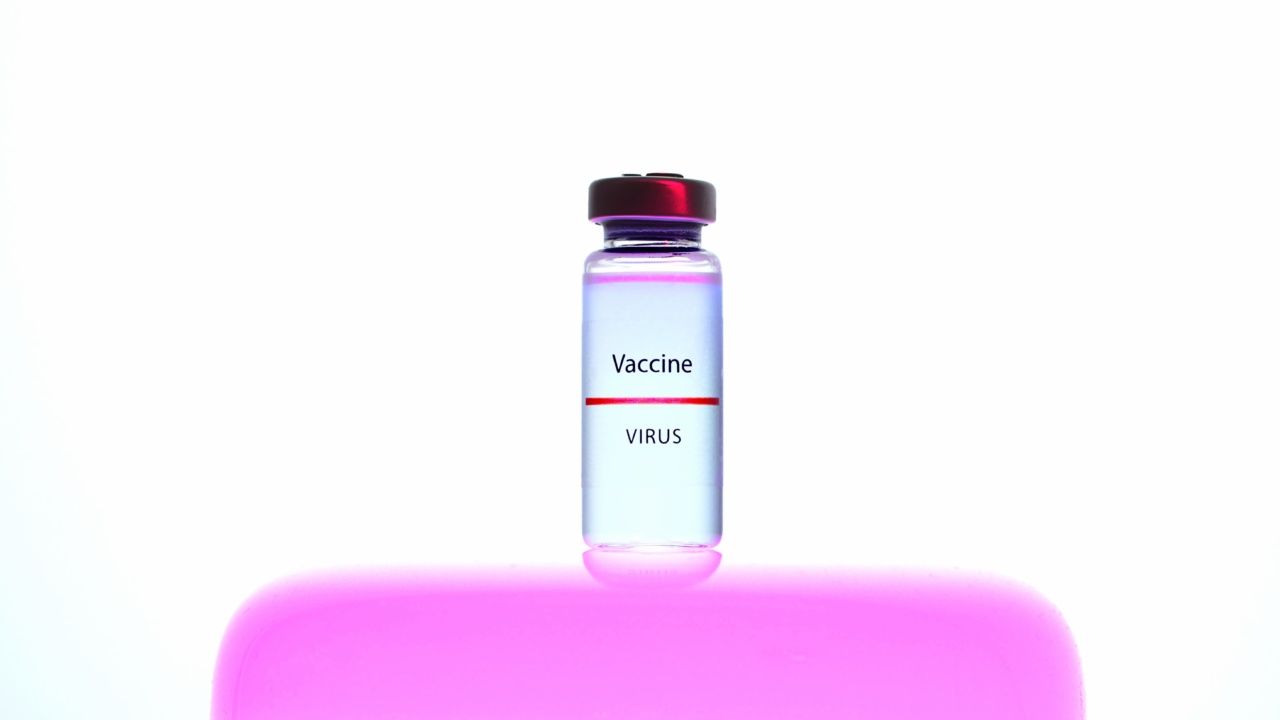Breast relaxation is a common concern for many women, as sagging and drooping breasts can affect self-confidence and body image.
While some degree of breast sagging is natural due to factors like age, genetics, and the elasticity of breast tissues, there are steps you can take to prevent and treat breast relaxation. In this article, we will explore the six necessary steps you can incorporate into your routine for maintaining firm and youthful breasts. Read on to learn more.
1. Wear a Supportive Bra
The importance of wearing a supportive bra cannot be overstated when it comes to breast relaxation prevention. Invest in a well-fitting bra that offers both comfort and support.
A bra with underwire and adjustable straps can help lift your breasts and minimize the effects of gravity, reducing sagging over time.
2. Maintain a Healthy Weight
Weight fluctuations can have a significant impact on breast appearance. When you gain and lose weight, the skin and tissues of your breasts stretch and retract, leading to loss of elasticity.
To prevent breast relaxation, strive to maintain a healthy weight through a balanced diet and regular exercise. Consult a healthcare professional for personalized advice on maintaining a healthy weight range.
3. Exercise Your Chest Muscles
Incorporating exercises that target your chest muscles can help strengthen and tone the underlying support structure of your breasts. Focus on exercises like chest presses, push-ups, and dumbbell flies to build and firm the muscles in your chest area.
Regular chest exercises can uplift and enhance the appearance of your breasts.
4. Avoid Smoking and Limit Alcohol Consumption
Smoking and excessive alcohol consumption can accelerate skin aging and reduce skin elasticity, leading to breast sagging. Both habits can have detrimental effects on your overall health as well.
Quit smoking and limit your alcohol intake to protect not only your breasts but also your general well-being.
5. Stay Hydrated and Moisturize
Proper hydration is crucial for maintaining the elasticity and firmness of your breast skin. Drink an adequate amount of water each day to keep your skin hydrated from within. Additionally, regularly moisturize your breasts with a quality lotion or oil.
This can help improve the texture and appearance of your breast skin, reducing the likelihood of sagging.
6. Consider Non-Surgical Treatment Options
If you are already experiencing breast relaxation, there are non-surgical treatment options available.
Non-invasive treatments like radiofrequency, ultrasound therapy, and laser therapy can stimulate collagen production, tighten the skin, and improve breast firmness. Consult with a qualified dermatologist or cosmetic surgeon to explore these options and determine the best course of action for your specific needs.
By incorporating these six necessary steps into your routine, you can effectively prevent and treat breast relaxation. Remember that consistency is key, and results may vary depending on individual factors.
Embrace healthy habits and invest in self-care to maintain firm, perky breasts and boost your confidence.































